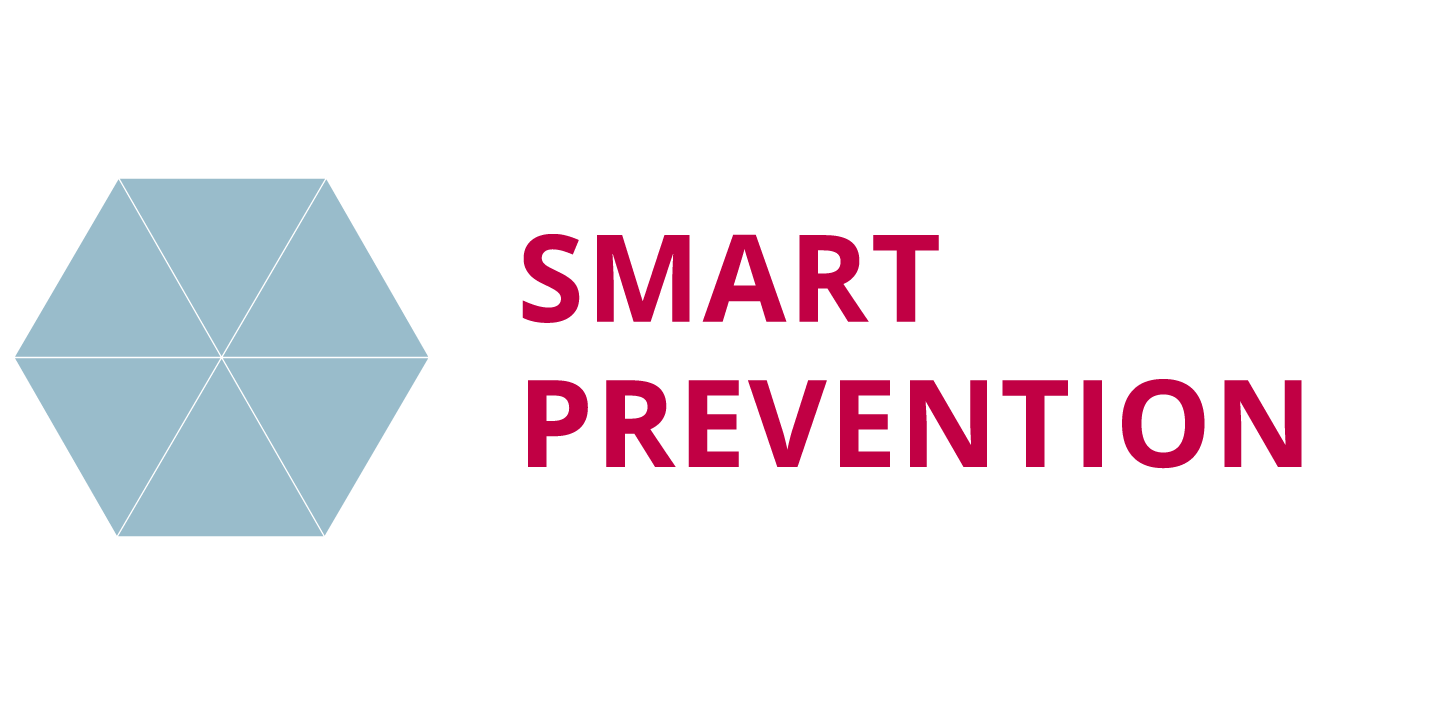- Psychology / Phenomenon / Prof. Dr. Judith Ackermann
Prof. Dr. Judith Ackermann
Phenomenon digitization
- Ackermann: Threat
- Ackermann: Chances
Digitisation is a great enrichment and, of course, also a great challenge for our society and is constantly evolving. This means that we must always find new ways to deal with it and determine in which sectors new elements are taking effect. In this respect, it is also necessary to permanently work on our media skills. I am active in social work and deal with digital in this field. There is always the question of how I can find ways to let people actively participate in our digital society. How can I protect them from risks? For example, how can I set up projects with my students to become active in the digital field? Of course childhood and youth and also the adult life of people has changed insanely. The media have become a new instance of socialisation in principle and are constantly bringing us new contacts in new contexts, with people who do not even need to be in our physical proximity. This makes us much more agile, much more global, much more networked. For professional further education or generally for professional existence, an incredibly large number of things have changed, which we can and should always keep in mind. And this is exactly where it is important to look at how I can accompany people on this path? Because it is not the case that there are people who, because the Internet has always been there, are simply Internet-competent from the outset or who can deal with all these phenomena. Instead, because technology is constantly evolving, you have to look again and again: What is the new element right now? To which things do I perhaps have to pay attention again now? How can I stay on the pulse of time? On the one hand, it is of course important for politics that structures are created in which we can also acquire media skills, in which we are equipped with technology in the diverse sectors, but also with concepts. So far, it is still very much the case that we are working more on equipping ourselves with devices than on developing concepts and creating scope for putting them into practice. That means that this is actually the important area where we should start.

Prof. Dr. Judith Ackermann
- Since 2019: Head of the BMBF research project DISA – Digital Inclusion in the context of social anxiety disorders (together with Prof. Dr. Frank Heidmann)
- Since 2017: Head of the BMBF research project PKKB: Postdigital Art Practices in Cultural Education – Aesthetic Encounters between Appropriation, Production and Mediation (together with Prof. Dr. Marian Doerk and Prof. Dr. em. Hanne Seitz)
- Study of media science, computer linguistics, psychology and acting in Bonn and Köln
- PhD in Media Studies at the University of Bonn (2011)Since January 2017 Professor for Digital and Networked Media in Social Work at the FH Potsdam (representing the professorship since Oct. 2016)
- Previously scientific coordinator of the interdisciplinary DFG Research Training Group “Locating Media” at the University of Siegen and teacher for special tasks in the media science seminar Siegen (2013-2016)
- 2012-2013 research associate in the Research Promotion Department of the Federal Ministry of Education and Research (Department: Digital Media in Vocational Education and Training, PT-DLR)
- Guest professorships at the School of Design of the Politecnico di Milano (2015 to 2019) and the Film University Babelsberg (Digital Media Culture, 2012/13)
- Lecturer in the master’s degree in games and media education at the Ernst Abbe Hochschule Jena (from winter semester 2016/2017)
- Actress in the field of children’s theatre at the Horizont Theater Cologne (since 2014)
- Initiator of the international Urban Games Festival playin’siegen (since 2015)
- Phenomenon
- Threat
- Chances
- Vision




Comments